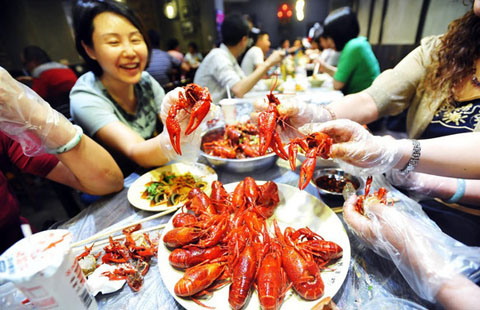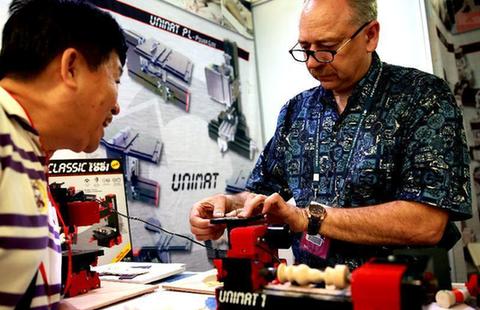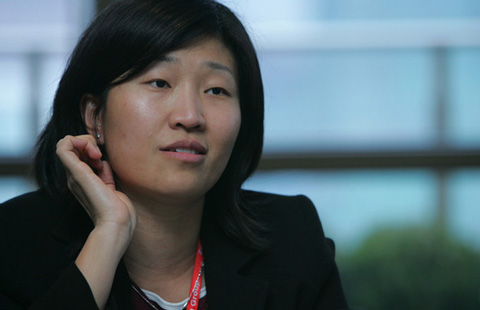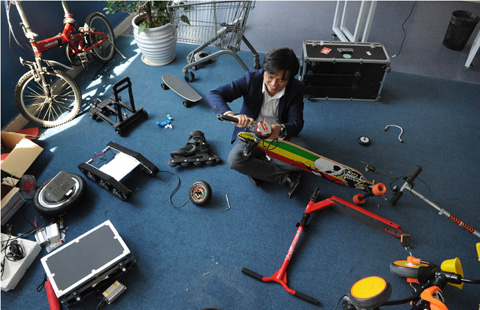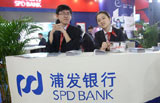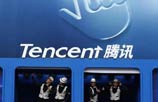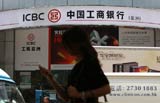Staying on top in changing times
By ANDREW MOODY (China Daily) Updated: 2015-05-18 09:57The management professor says that one of the big disrupting changes that the modern CEO has to deal with is the growing Asian middle class, particularly in China.
"The growing Asian middle class, the bulk of which comes from China, was the top preoccupation of those interviewed when asked to rank the top 10 major global trends."
At his company office on the 26th floor of China Central Place in Beijing, Thomas Luedi, managing partner in China for international management consultancy AT Kearney, said the role of the CEO has changed markedly as a result of globalization.
"It is probably more pronounced in the China context than anywhere. If you go back 15 or 20 years the job of the CEO, whether that was in a State-owned or private enterprise, was that of a general manager, just keeping the organization together," he said.
"Now you have to be much more than just a manager-you have to be someone with a vision and of a much more entrepreneurial nature."
Over at the University of International Business and Economics in Beijing, Ding Chongwen, an associate professor, said the CEO has had to change in China or else be left behind since the whole business environment has transformed beyond recognition.
She said the Chinese CEOs of only a generation ago had an antiquated management style.
"To keep control of an organization leaders often used to keep things to themselves. They thought it made them look smarter if they knew all the answers. This insider game had to change, however."
Ding said there has been a move away from bosses hiding behind a Confucian veneer.
"We used to appreciate these quiet people in China because it was a Confucian tradition. Nowadays a leader has to know how to communicate. They need to be able to motivate people within an organization. This is a very big change from a generation ago," she added.
In London, Steve Tappin is someone who follows global trends in the role of the CEO very closely.
He currently hosts the CEO Guru program on BBC World and runs Xinfu, his own consultancy advising CEOs.
He said the Heidrick & Struggles report was right to highlight the speed of the modern business environment with information being shared online within seconds.
"The fundamental shift has been social media connectivity that has made everything more dynamic in real time. CEOs have to get used to working in an environment where not everything is in their control. They have to be far more intuitive," he said.
Tappin, who is also author of The Secrets of CEOs and has interviewed many CEOs in China, says what makes them stand out in China is how they have adapted to the new environment.
"They are also often very passionate, have big dreams and are relentless in their pursuit of them in a way that you do not encounter in other parts of the world."
One of the major questions about Chinese CEOs is whether they operate with the paternalistic hierarchical structures of the past.
Ding at UIBE said such structures are no longer relevant to modern corporate culture.
"I think the older structures are even dying out in the State-owned enterprises because of reform and market pressure. It is certainly the case in small and medium-sized enterprises. They have much flatter management structures and managers and there isn't the big distinction between the boss and other people in the team."
Jack Chiang, assistant professor of management at Peking University's Guanghua School of Management, has done research on paternalistic Asian management structures.
"That sort of paternalistic leadership style is probably not adaptable in Shanghai anymore but many small and medium-sized businesses in second- and third-tier cities still have it and it is pretty popular," he said.
"It still also appears in companies in Asia, such as Japan and South Korea."
Not all the CEOs operating in China are Chinese. Foreign multinationals have played a big role in the Chinese economy since the 1990s.
When China was in the early stages of its recent development, many companies did not deploy their high flyers as head of their China operations.
Often those filling the positions were people with specific Asian experience or old China hands whose main skill was familiarity with the language and culture.
Over the past decade as China has emerged as the world's second-largest economy and a key global market, multinationals have tended to deploy their biggest talents.
Some executives now believe that not having China experience might be a barrier to someone attaining the role of global CEO.
- China, UAE oil firms sign $330m worth oilfield development project
- China's tourism competitiveness on steady rise: research
- China's Internet bank launches its first loan product
- China's Greenland to acquire Rundong Auto
- Lock-up shares worth 30b yuan eligible for trade
- China's railway revenue down 4.65% in 2014
- Chopsticks for my steak, please
- Kabam hopes to be a marvel of China gaming world
